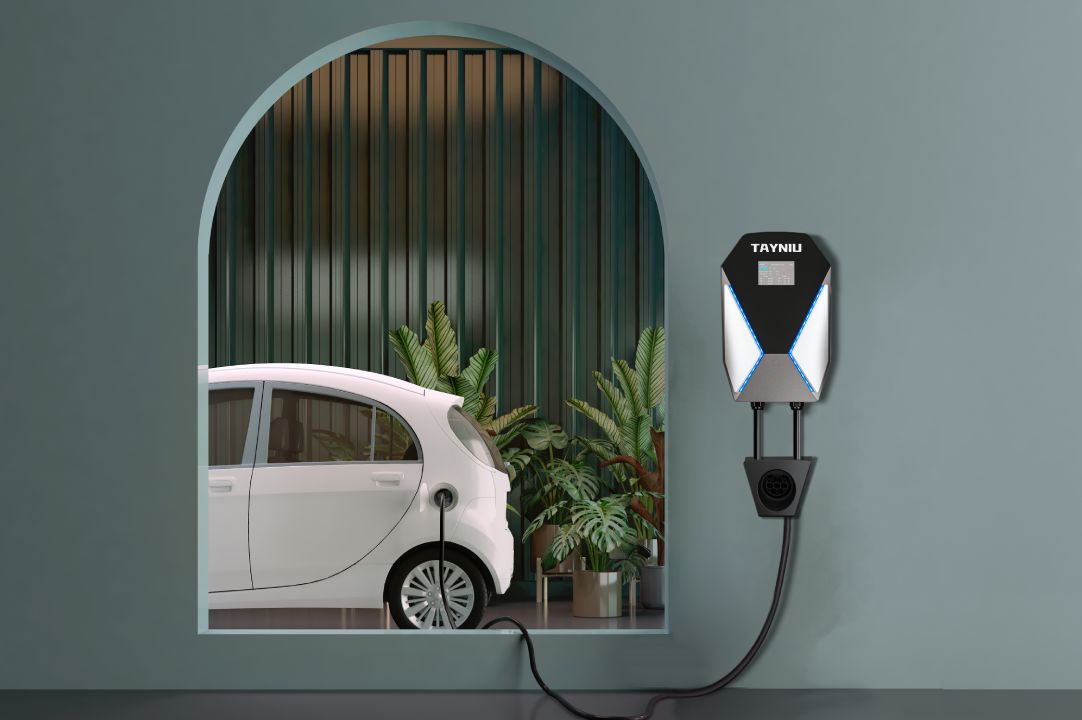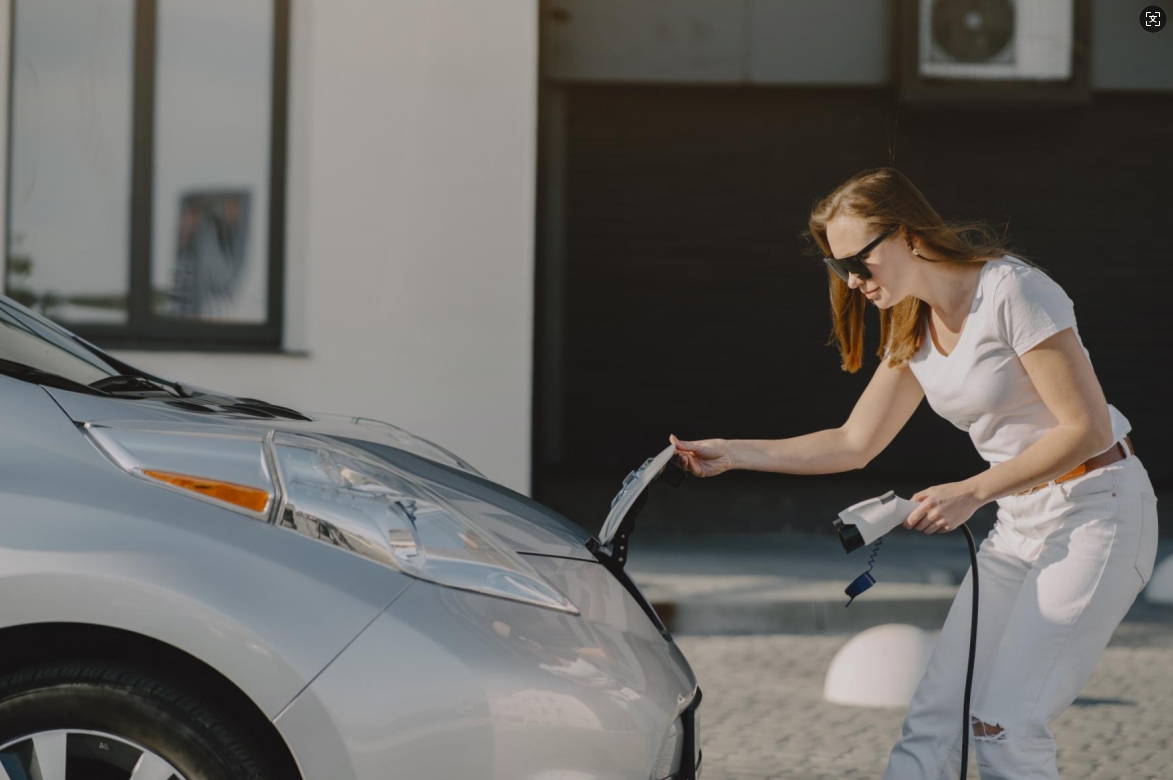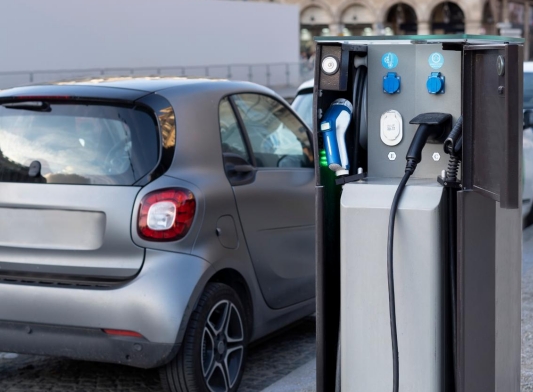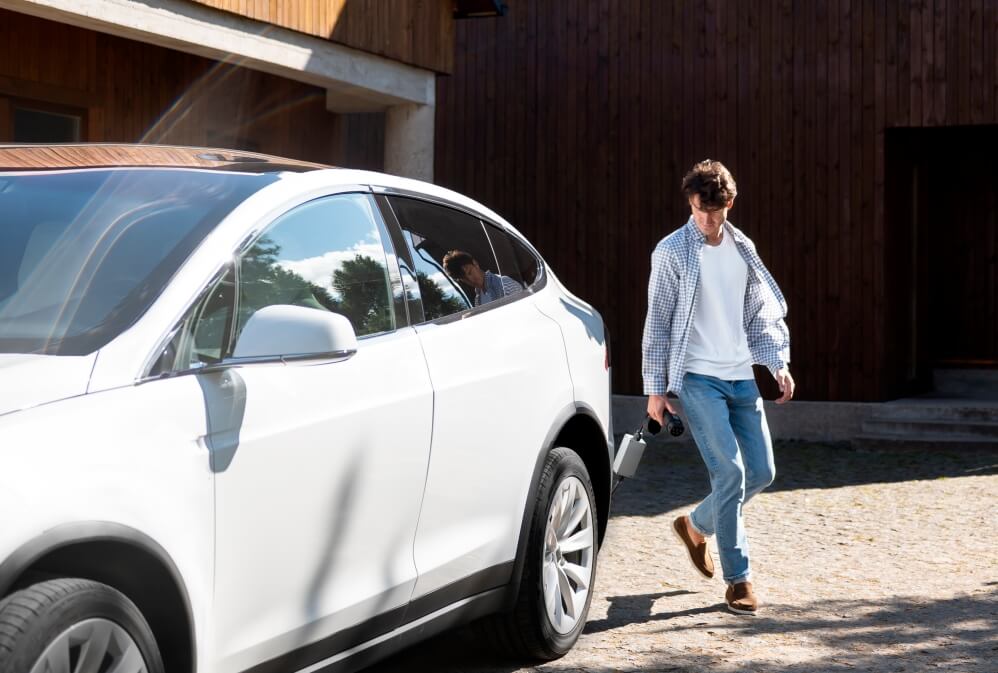Maximize Home Efficiency: The Ultimate Indoor Charging Depot Guide
The electric vehicle (EV) revolution is transforming how we think about transportation, and at the heart of this transformation lies the innovative concept of the indoor charging depot. Gone are the days when charging an electric vehicle meant relying solely on public infrastructure. Today’s EV owners are discovering the incredible convenience and efficiency of creating a personalized charging solution in their homes.
The Rise of Home Charging: More Than Just a Convenience
Imagine coming home after a long day, plugging in your electric vehicle, and waking up to a fully charged car – without ever leaving your garage. This is the promise of a well-designed indoor charging depot. It’s not just about charging; it’s about integrating cutting-edge technology into your daily life while maximizing home efficiency.

What Exactly is an Indoor Charging Depot?
An indoor charging depot is more than just a wall-mounted charger. It’s a comprehensive charging ecosystem tailored to your specific needs. Unlike outdoor charging stations, an indoor charging depot offers:
- Protection from weather elements
- Enhanced security
- Optimal charging conditions
- Seamless integration with home infrastructure
Choosing the Right Charging Solution
Not all charging solutions are created equal. When setting up your indoor charging depot, you’ll need to consider several crucial factors:
1. Electrical System Compatibility
Your home’s electrical system is the backbone of your charging setup. Most modern indoor charging depots require a 240-volt circuit, similar to what powers your dryer or oven. Professional electricians can help you assess and upgrade your home’s electrical infrastructure to support efficient EV charging.
2. Charging Levels Explained
- Level 1 Charging: Uses a standard 120-volt outlet
- Slowest charging method
- Adds about 4-5 miles of range per hour
- Best for overnight or minimal daily driving
- Level 2 Charging: Requires a 240-volt circuit
- Significantly faster charging
- Adds 25-30 miles of range per hour
- Ideal for most home indoor charging depots
- Significantly faster charging
The Smart Technology Behind Modern Charging
Today’s indoor charging depots are technological marvels. Innovative features now include:
- Wi-Fi connectivity
- Mobile app integration
- Energy management systems
- Load balancing technologies
These innovations allow you to:
- Schedule charging during off-peak hours
- Monitor energy consumption
- Optimize charging based on electricity rates
- Integrate with home solar systems
Cost Considerations and Savings
Setting up an indoor charging depot is an investment with substantial long-term benefits:
Initial Costs
- Charging equipment: $300 – $1,000
- Professional installation: $500 – $1,500
- Potential electrical upgrades: $500 – $2,000
Long-Term Savings
- Reduced fuel costs
- Lower maintenance expenses
- Potential tax credits and incentives
- Increased home value
Environmental Impact: Beyond Personal Convenience
A well-designed indoor charging depot does more than charge your vehicle. It’s a statement of environmental responsibility. By optimizing charging times, using renewable energy, and reducing overall grid strain, you’re contributing to a more sustainable future.
Green Charging Strategies
- Charge during off-peak hours
- Use renewable energy credits
- Consider home solar integration
- Utilize smart charging technologies
Future-Proofing Your Charging Infrastructure
The EV technology landscape is rapidly evolving. When designing your indoor charging depot, consider the following:
- Scalable charging solutions
- Compatibility with emerging technologies
- Potential for bidirectional charging
- Wireless charging developments
Maintenance: Keeping Your Charging Depot in Top Shape
Regular maintenance ensures long-term efficiency:
- Clean charging connectors monthly
- Inspect cables for wear and tear
- Update charging software regularly
- Schedule professional inspections annually
Final Thoughts: Your Gateway to EV Efficiency
An indoor charging depot is more than a practical solution – it’s a gateway to a more sustainable, efficient lifestyle. By investing in a home charging system, you’re preparing for the future and actively shaping it.
Ready to Transform Your Charging Experience?
Whether you’re a new EV owner or looking to upgrade your current setup, an indoor charging depot offers unparalleled convenience, efficiency, and peace of mind. Consult with a professional, explore your options, and take the first step towards a brighter, more sustainable future of transportation.
Last Updated on December 31, 2024 by tayniu



